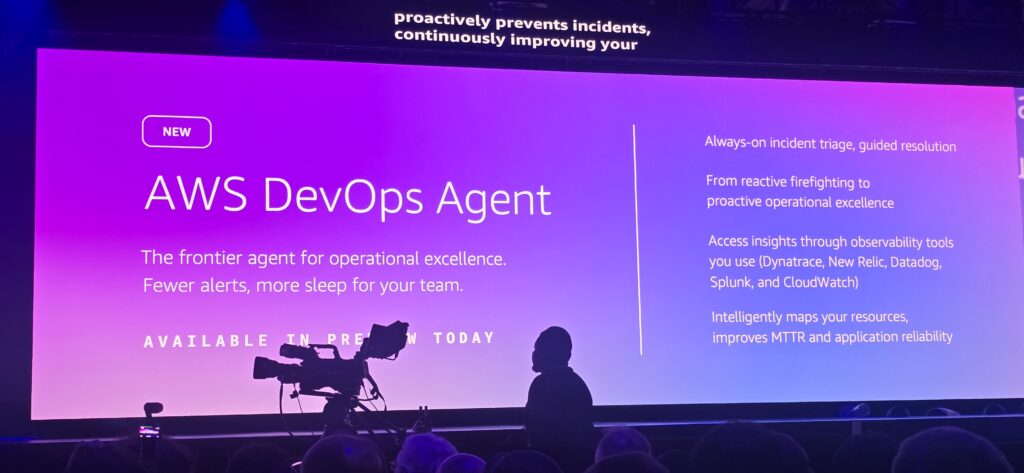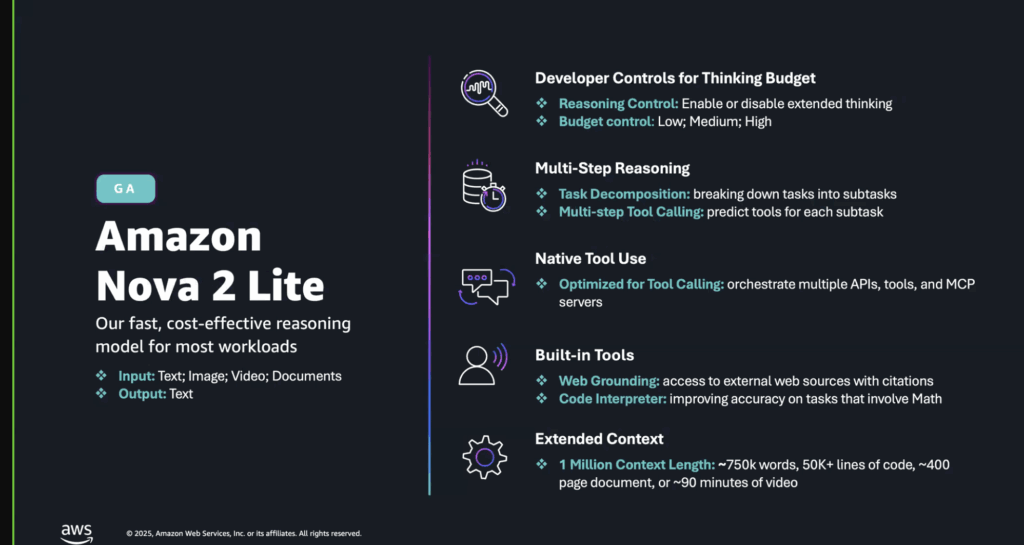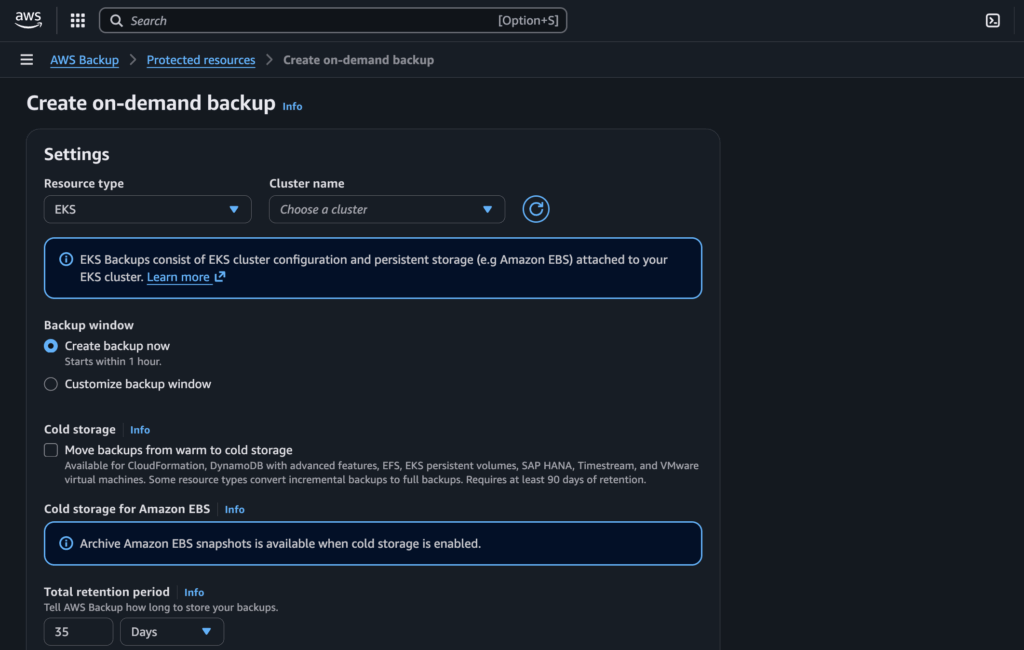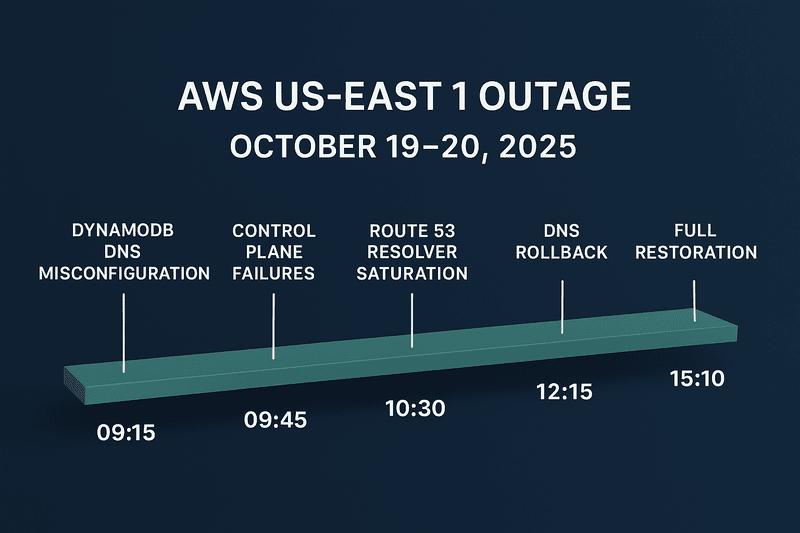AWS Application Load Balancer (ALB) now allows users to assign public IPv4 addresses to load balancer nodes from a designated pool. Customers can configure a public IP Address Manager (IPAM) pool, which can either include Bring Your IP (BYOIP) addresses that they own or a continuous IPv4 address block provided by Amazon.
This feature helps customers reduce public IPv4 costs by utilizing their own BYOIP addresses within IPAM pools. Additionally, it simplifies enterprise allowlisting and management by allowing the use of Amazon-provided contiguous IPv4 blocks in public IPAM pools.
ALB dynamically assigns IP addresses from the configured IPAM pool and, if the pool runs out, it seamlessly switches to AWS-managed IP addresses. This automated transition ensures high availability, especially during scaling events.
The feature is now available across all commercial AWS Regions and AWS GovCloud (US) Regions where Amazon VPC IP Address Manager (IPAM) is supported. For more details, refer to the ALB Documentation.
What is an Application Load Balancer or ALB ?
An Application Load Balancer (ALB) is a fully managed service provided by AWS that operates at the application layer (Layer 7) of the OSI model, designed to distribute incoming traffic across multiple targets, such as Amazon EC2 instances, containers, and Lambda functions, based on advanced routing rules.
Unlike traditional load balancers, ALB can intelligently route traffic based on content, such as URL paths, hostnames, or HTTP headers, making it ideal for modern web applications and microservices architectures.
It supports features like host-based routing, path-based routing, SSL/TLS termination, and integration with AWS services such as AWS WAF for enhanced security.
ALB also provides health checks to ensure traffic is only routed to healthy targets, improving application availability and fault tolerance. With its scalability, flexibility, and ability to handle dynamic workloads, ALB is a critical component for building highly available and scalable applications in the cloud.







